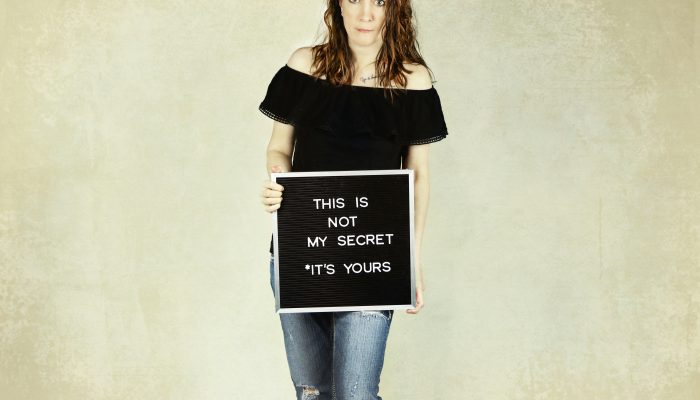It would be easier for prosecutors to tell jurors about previous sexual assault allegations in rape trials under the provisions of two bills endorsed by a state Senate panel Tuesday morning.
The bills heard in the Senate Judiciary Committee would amend South Dakota’s rules of evidence to allow evidence of prior sexual assaults — including unconvicted sexual assaults — if a judge deems that evidence meaningful for jurors.
Two bills, Senate Bills 97 and 98, would allow such evidence in adult and child sexual assault cases, respectively. The bills came from Sen. Tim Reed, R-Brookings.
The potential evidence in criminal cases could include anything from cases charged but dropped in the past to hearsay accusations from people who heard about prior sexual assaults that were never reported to authorities.
Backers: Feds allow ‘propensity’ evidence
Supporters pointed to federal rules allowing such evidence, written in the 1990s but never adopted in South Dakota.
Pennington County State’s Attorney Lara Roetzel pointed to a defendant convicted in 2014 for the fourth-degree rape of a 15-year-old coworker in her testimony. He was given a suspended imposition of sentence, which clears a conviction from a person’s record under a time frame and terms of good behavior set by a judge. In 2018, he was accused of forcibly raping another coworker, but that case wasn’t prosecuted, Roetzel said, in part because prosecutors couldn’t reference the 2014 crime. Three years later, he was indicted for the rape of an 8-year-old in Lawrence County and on 20 counts of child pornography possession in federal court.
That case shows that a judge ought to be allowed to admit what’s known as “propensity” evidence in rape cases, Roetzel said.
“The federal prosecutors are regularly allowed to present this kind of evidence. Our state prosecutors ought to be allowed to use them, as well,” she said.
Roetzel argued that sexual assault cases are the only sorts of violent crime trials where the victim’s character is regularly called into question.
Roetzel was joined in her support of the bills by representatives from the South Dakota Network Against Family Violence and Sexual Assault and the South Dakota Advocacy Network for Women, as well as other prosecutors and the state Attorney General’s Office.
“These are unique cases and this will allow prosecutors the tools they need to prosecute those cases,” said Assistant Attorney General Grant Flynn.
The bills would require a 15-day notice to defendants of the intention to tell jurors about prior sexual assaults, and a judge would ultimately decide how much of that evidence would appear before a jury.
“Judges will still do what’s known as a balancing test … it’s not going to just come in,” Roetzel said.
Detractors: Changes tip scales of justice
Opponents argued that the change would put jurors asked to determine the facts of the case in the position of judging a defendant’s character.
You can read the full article at South Dakota Searchlight.

